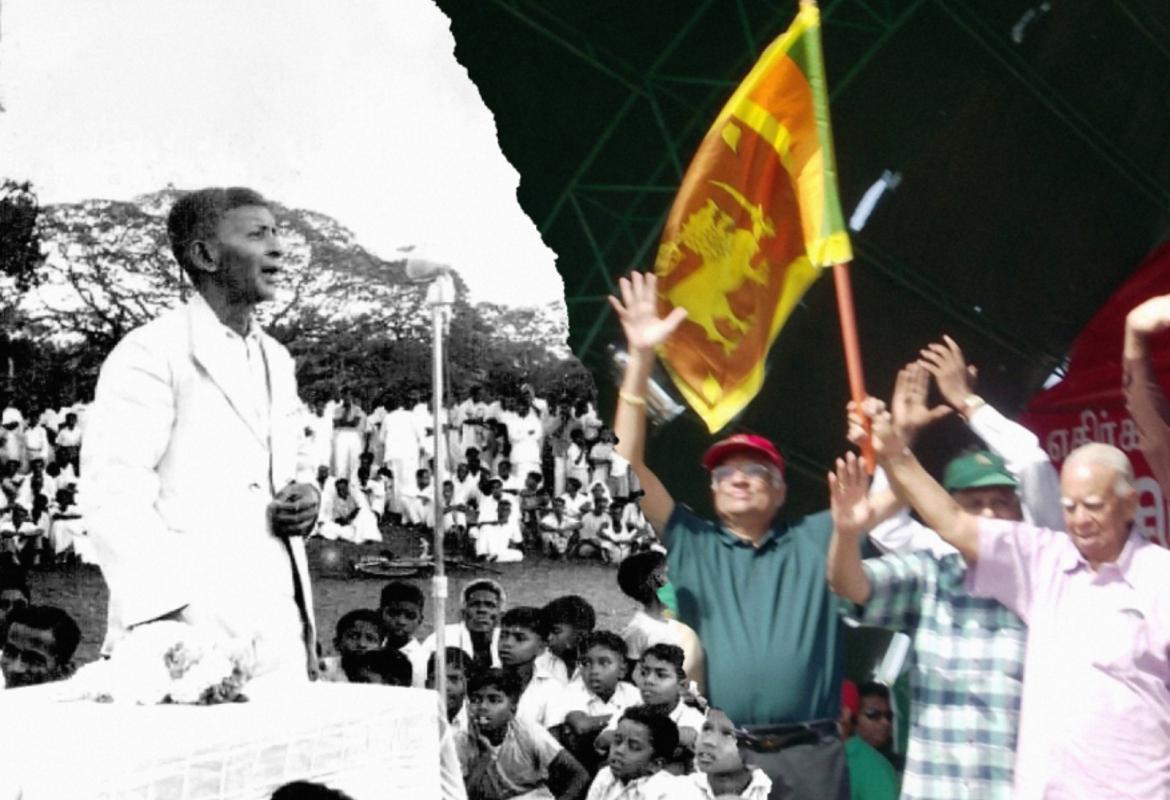Following Channel 4’s documentary on Sri Lanka’s war crimes, Meenakshi Ganguly, South Asia Director, Human Rights Watch, writes:
The video showing summary executions during the final days of Sri Lanka's war in May 2009 provides clear-cut evidence of war crimes. Beyond what is evident in the video, Human Rights Watch (HRW) has gathered information on the likely time and place of the executions, the identity of one of the victims, and the specific army unit likely to have been involved.
The need for a criminal investigation is obvious, yet the Sri Lankan government has refused to conduct one, even when confronted by such disturbing footage. In fact, the Sri Lankan government has increasingly made it clear that it does not intend to investigate this or any other allegations of wrongdoing by its forces during the decades-long conflict with the Tamil Tigers.

